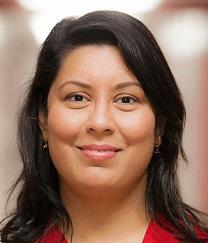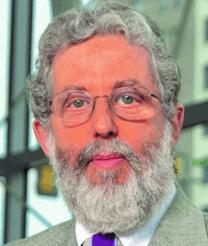Water Science, For The Win
By Kelsey Beveridge, Water Environment & Reuse Foundation (WE&RF)
The Water Environment & Reuse Foundation and the National Water Research Institute recognize two pioneering researchers.
Every day, new and innovative research in the water sector is conducted by scientists and engineers with long-established careers, as well as those starting to make a name for themselves. Two awards honor those researchers for their contributions to the water industry. The Paul L. Busch Award annually recognizes up-and-coming scientists that are making significant contributions. Similarly, the National Water Research Institute (NWRI) awards the Clarke Prize to individuals that have implemented exceptional water science research and/or policy development to solve real world challenges. These awards provide deserved recognition to those that are making discoveries that result in transformational changes in how we use and manage water.
The Paul L. Busch Award recognizes individuals for innovative research in the field of water quality and the water environment. Paul L. Busch, PhD, believed in education and devoted his time mentoring and promoting the next generation of environmental engineers. Dr. Busch served as a chairman of Water Environment Research Foundation’s Board of Directions in 1994 and 1995. The award honors his visionary thinking and desire to pass on a clean-water environment to future generations. The award enables creative thinking to explore new ideas and take risks on innovative research. Since 2001, the award has provided more than $1.5 million in funding to researchers who are making breakthroughs in water quality and water treatment.

NWRI’s Clarke Prize was founded in honor of Athalie Richardson Irvine Clarke, cofounder of NWRI. Mrs. Clarke recognized the importance of water and strongly promoted better water science and technology. To memorialize her vision, NWRI established the Clarke Prize to recognize scientists who best exemplify Mrs. Clarke’s dedication to finding solutions to the nation’s water resource problems. The award, approaching is 25th year, honors individuals that have significantly contributed to the discovery, development, improvement, and/or understanding of issues associated with water quality, quantity, technology, or public policy. Award winners include those in the fields of civil and environmental engineering, microbiology, aquatic chemistry, hydrology, environmental biotechnology, and many others.

Collectively, WE&RF and NWRI are fostering an environment that rewards innovation and dedication to improving water. The Paul L. Busch Award recognizes researches in the earlier stages of their career and encourages them to pursue a long career in water research to achieve the same accomplishments as Clarke Prize winners 30 to 40 years into their career. Nominations are currently being accepted for both awards.
